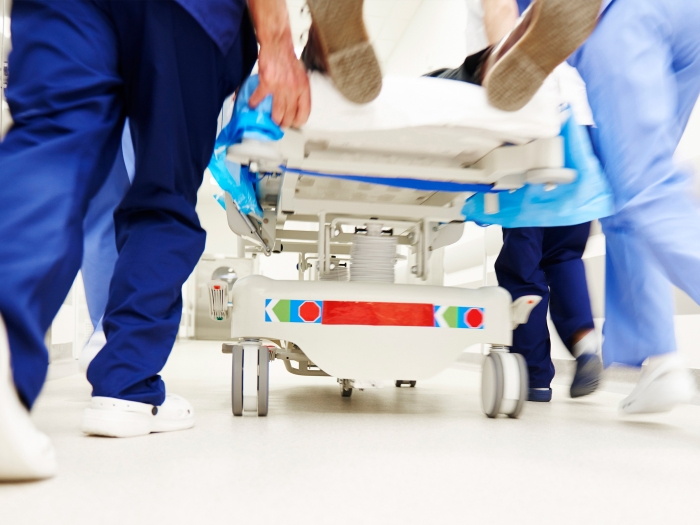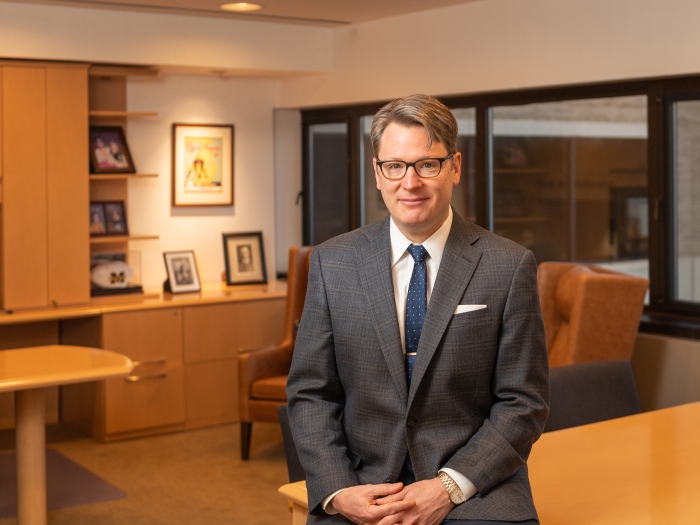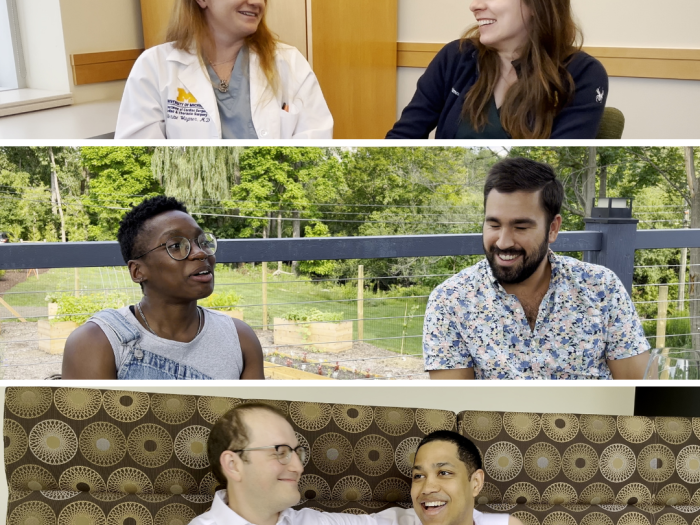
Discover How We Change Lives
Scientific curiosity and a deeply human commitment to improving our patients’ quality of life guide our researchers at the Department of Surgery.
Our research spans basic science, translational and health services investigation, and our impact speaks for itself. Our department has consistently ranked in the top 5 for National Institutes of Health funding. We have more than 60,00 square feet of research space, and over 2 dozen labs.
Faculty and trainees in the department benefit from extensive physical and intangible resources — from more than 50,000 square feet of research space across the U-M medical campus, to a departmental tradition of openness that encourages investigators to work together.
You can see this collaboration in the way that we’ve organized our labs at U-M’s North Campus Research Complex, a 28-building scientific and administrative facility. In this multidisciplinary environment, cancer biologists, pharmacologists, engineers, health policy researchers and others work side-by-side. In just one recent example, a basic scientist has partnered with a biomedical engineer in order to study how miniature organoids could enable tissue transplantation for the treatment of diabetes.
Within the department, this support includes incentives not just for clinical effort, but for research as well, with some faculty spending up to 60 percent of their time on investigation. This freedom enables faculty to accelerate advances, and to invest more time in mentoring the residents and fellows who will become our future colleagues.
If you are interested in working in a department-affiliated lab or research group, please reach out to the Office of Research. Our Director, Marlie Bartow, can provide you with more information.
Our office can help you find a group that matches your research interests and guide you on how to partner with these groups.
1600 Huron Pkwy, Building 520
Ann Arbor, MI 48109-2800
This event celebrates our tradition of research and innovation—showcasing projects by residents, fellows, research scientists and medical students.




